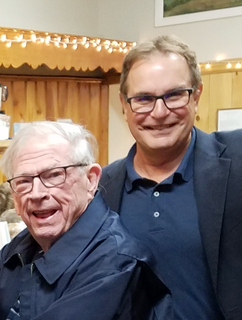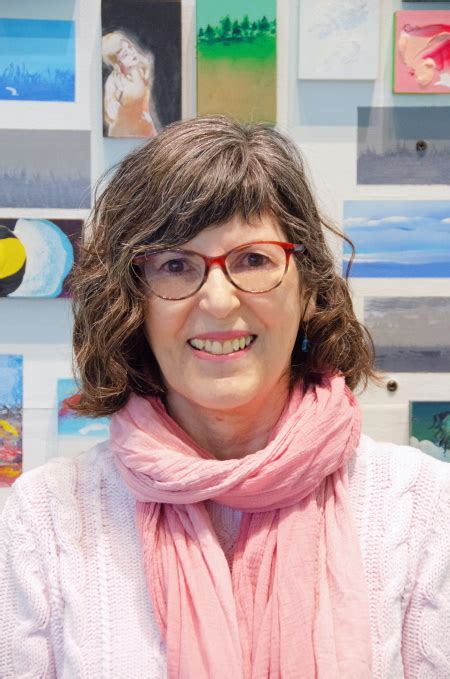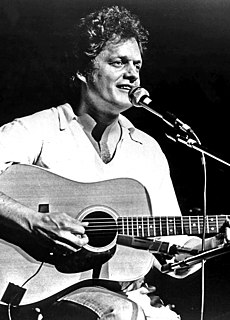A Quote by David Cooperrider
Related Quotes
This is the whole secret of non-attachment: live in the world, but don't be of the world. Love people, but don't create attachments. Reflect people, reflect the beauties of the world - and there are so many. But don't cling. The clinging mind loses its mirrorhood. And mirrorhood is Buddhahood. To keep that quality of mirroring continuously fresh is to remain young, is to remain pure, is to remain innocent. Know, but don't create knowledge. Love, but don't create desire. Live, live beautifully, live utterly, abandon yourself in the moment. But don't look back. This is the art of non-attachment.
My teachers are saying that this is one of our greatest lessons that we have to remember if we're ever going to get out of this problem that we're in, not only with war, but socially and environmentally and everything that is being destroyed. We need to begin to live and create within our hearts rather than live and create from our minds.
We are alive. We are human, with good and bad in us. That's all we know for sure. We can't create a new species or a new world. That's been done. Now we have to live within those boundaries . What are our choices? We can despair and curse, and change nothing. We can choose evil like our enemies have done and create a world based on hate. Or we can try to make things better.
Why one writes is a question I can answer easily, having so often asked it of myself. I believe one writes because one has to create a world in which one can live. I could not live in any of the worlds offered to me - the world of my parents, the world of war, the world of politics. I had to create a world of my own, like a climate, a country, an atmosphere in which I could breathe, reign, and recreate myself when destroyed by living. That, I believe, is the reason for every work of art.
There is no easy way to create a world where men and women can live together... But if such a world is created in our lifetime, it will be done by rejecting the racism, materialism, and violence that has characterized Western civilization and especially by working toward a world of brotherhood, cooperation, and peace.
The dialectical or ecological approach asserts that creating the world is involved in our every act. It is impossible for us to operate in our daily lives and not create the world that everyone must live in. What we desire arranges the genetic code in all of our major crops and livestock. We cannot avoid participating in the creation, and it is in agriculture, far and away our largest and most basic artifact, that human culture and the creation totally interpenetrate.
If you don't put the spiritual and religious dimension into our political conversation, you won't be asking the really big and important question. If you don't bring in values and religion, you'll be asking superficial questions. What is life all about? What is our relationship to God? These are the important questions. What is our obligation to one another and community? If we don't ask those questions, the residual questions that we're asking aren't as interesting.

































